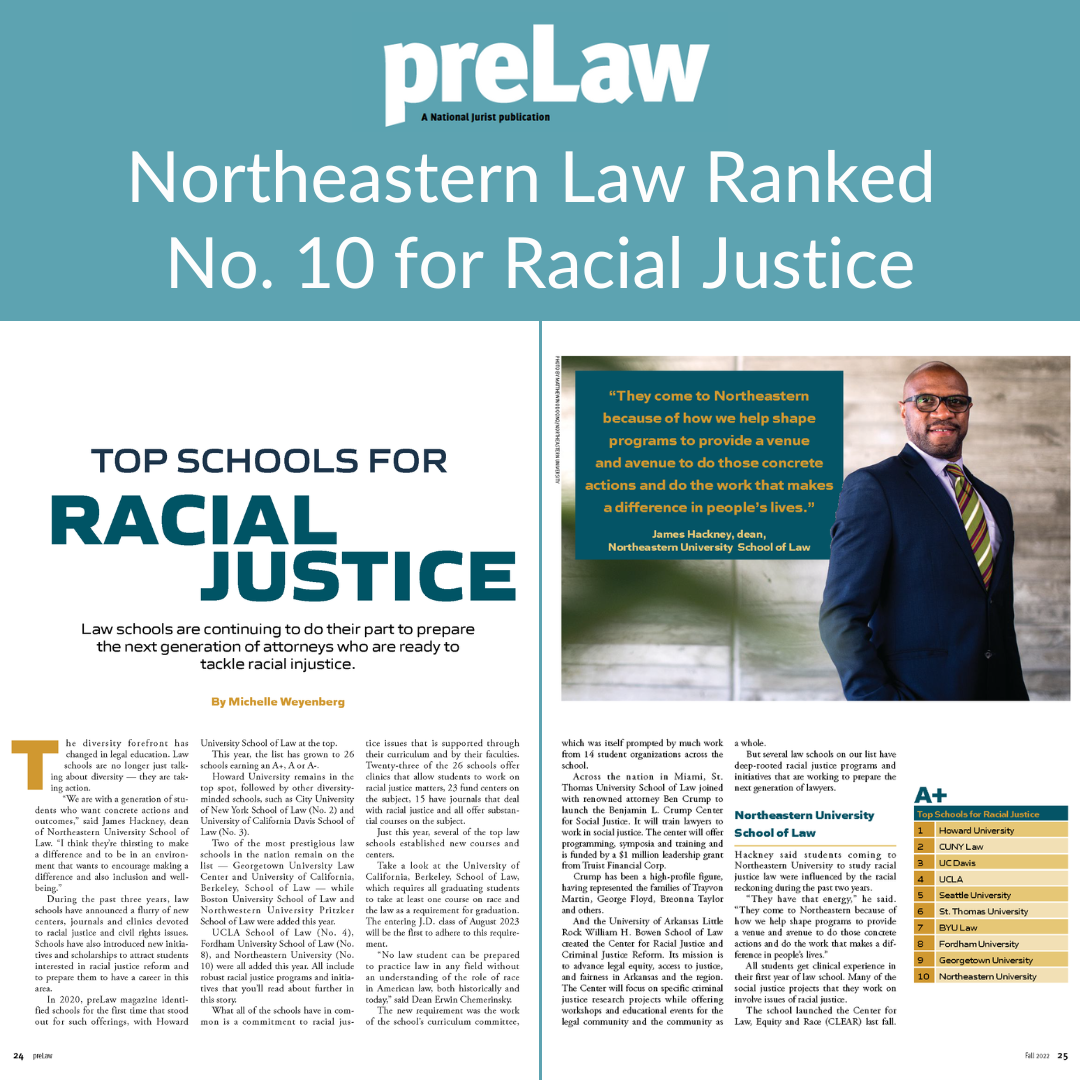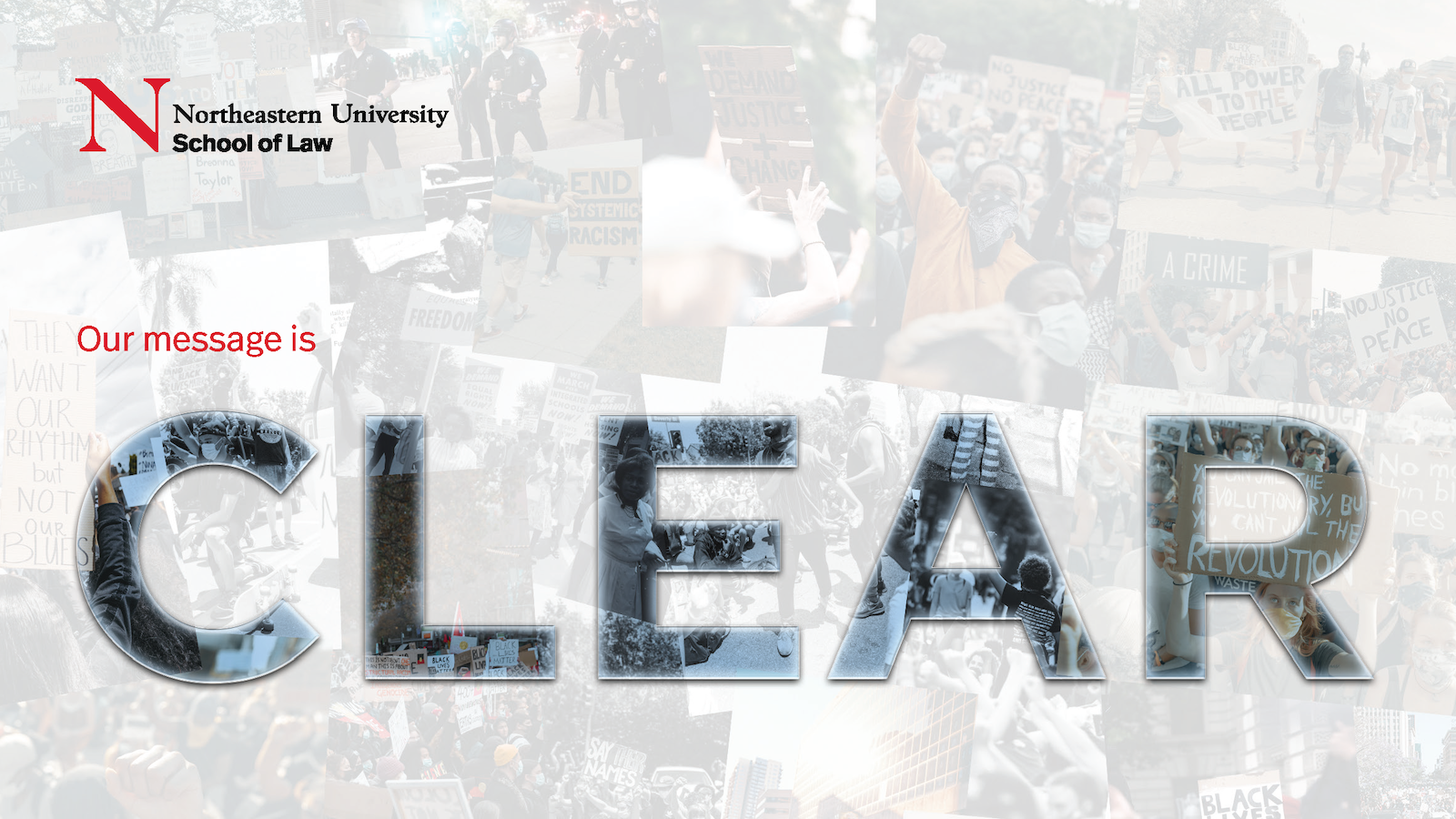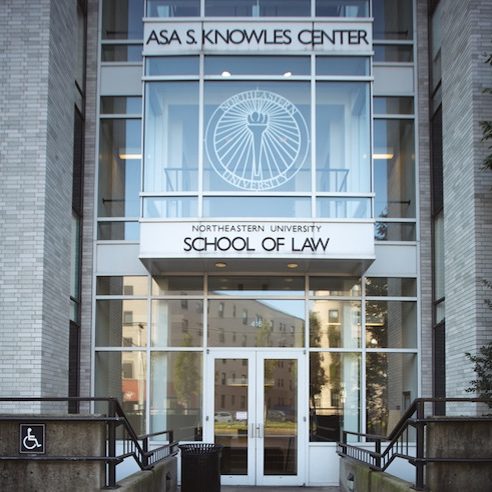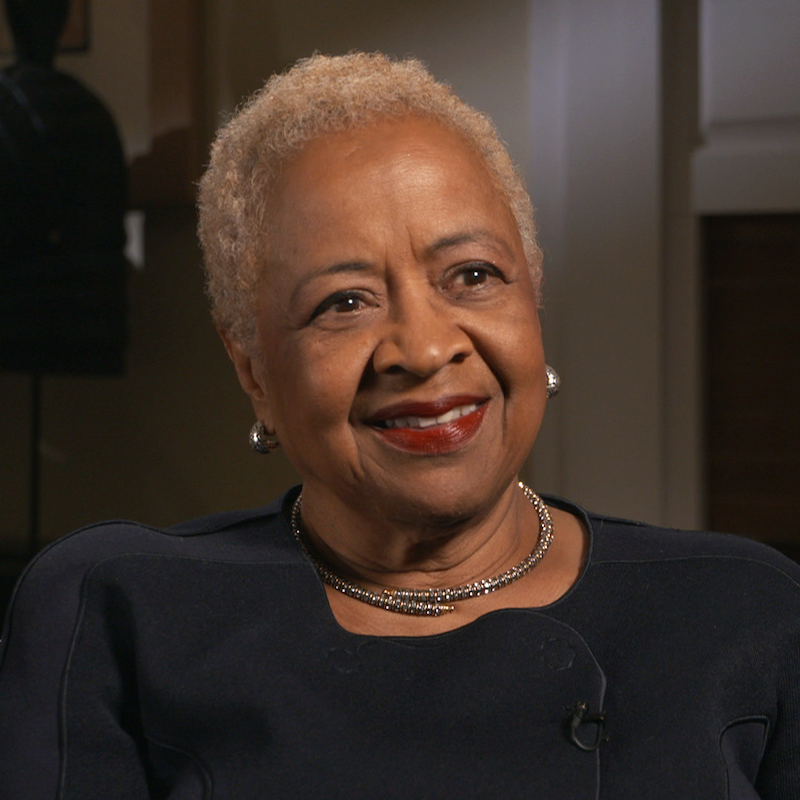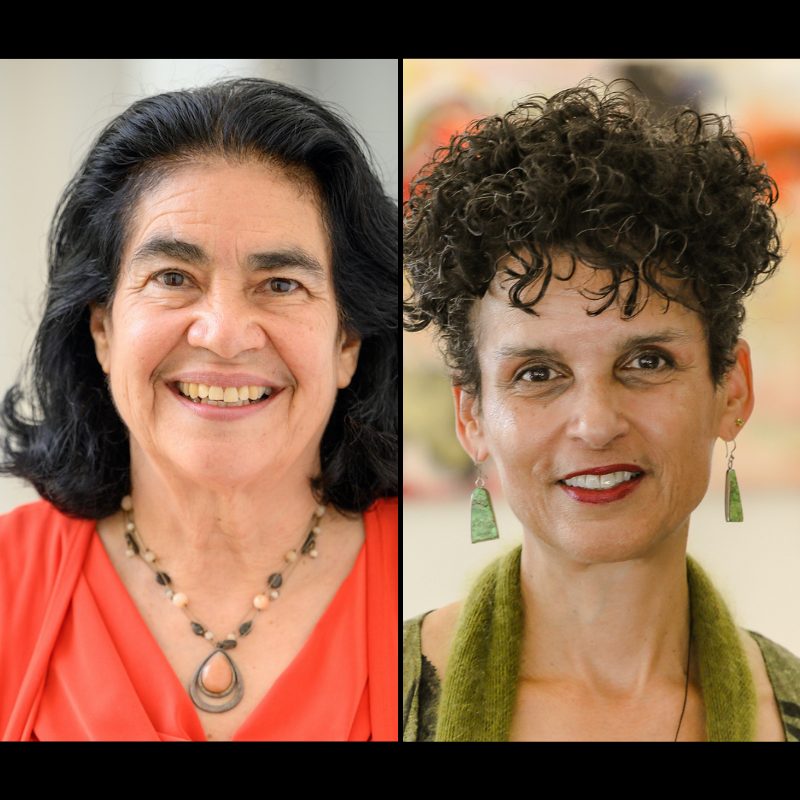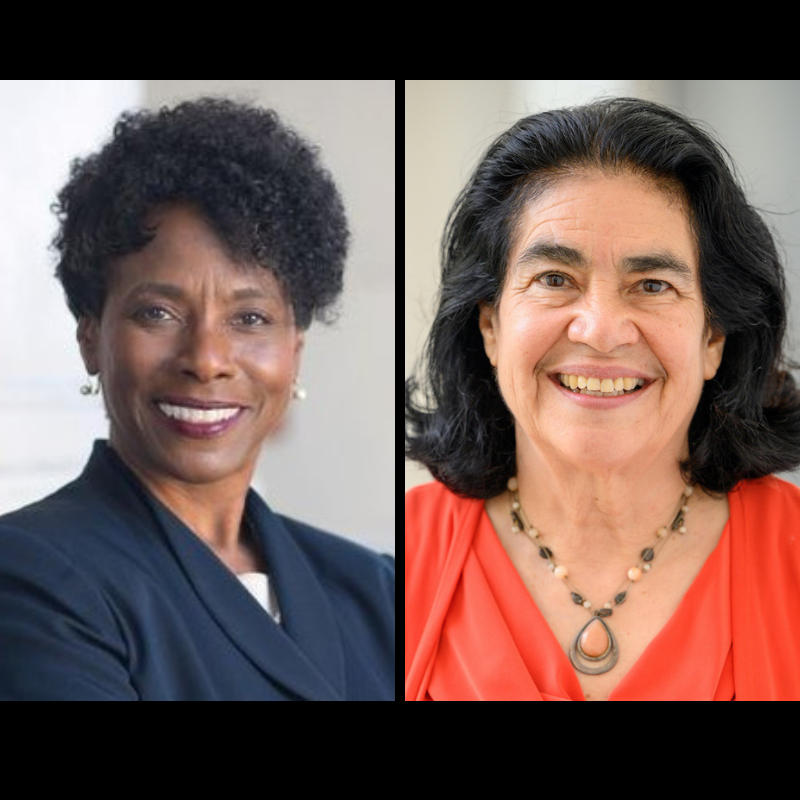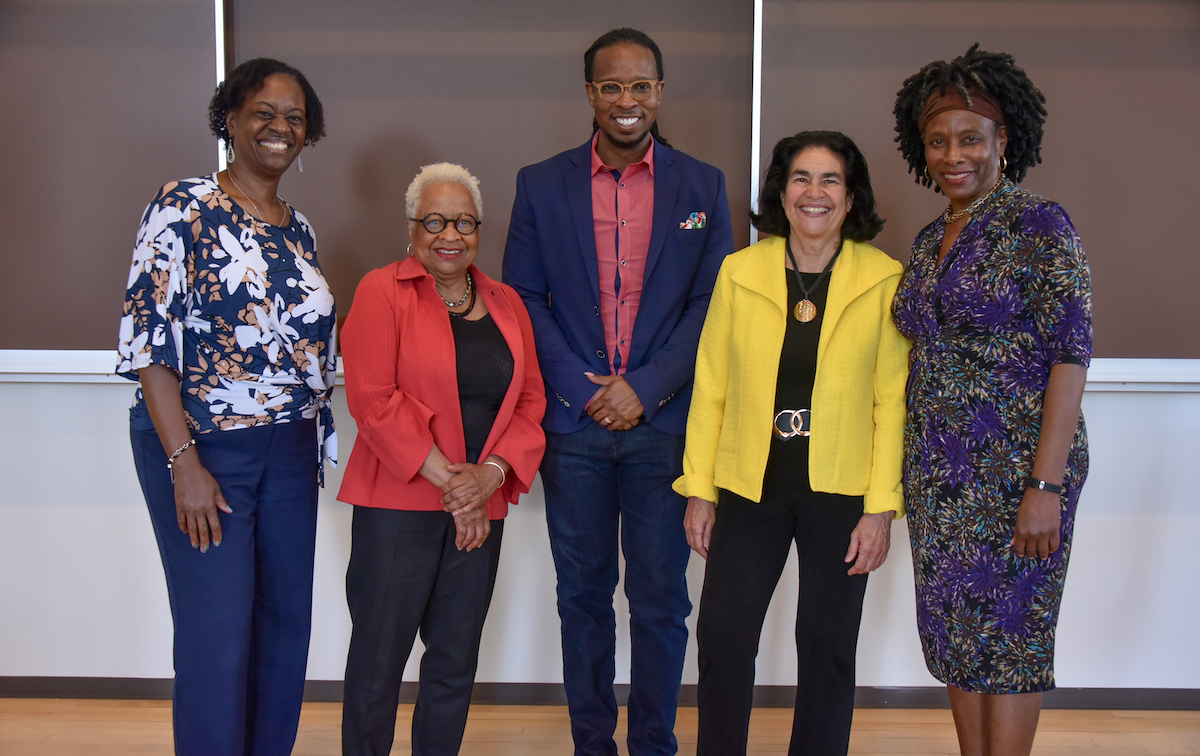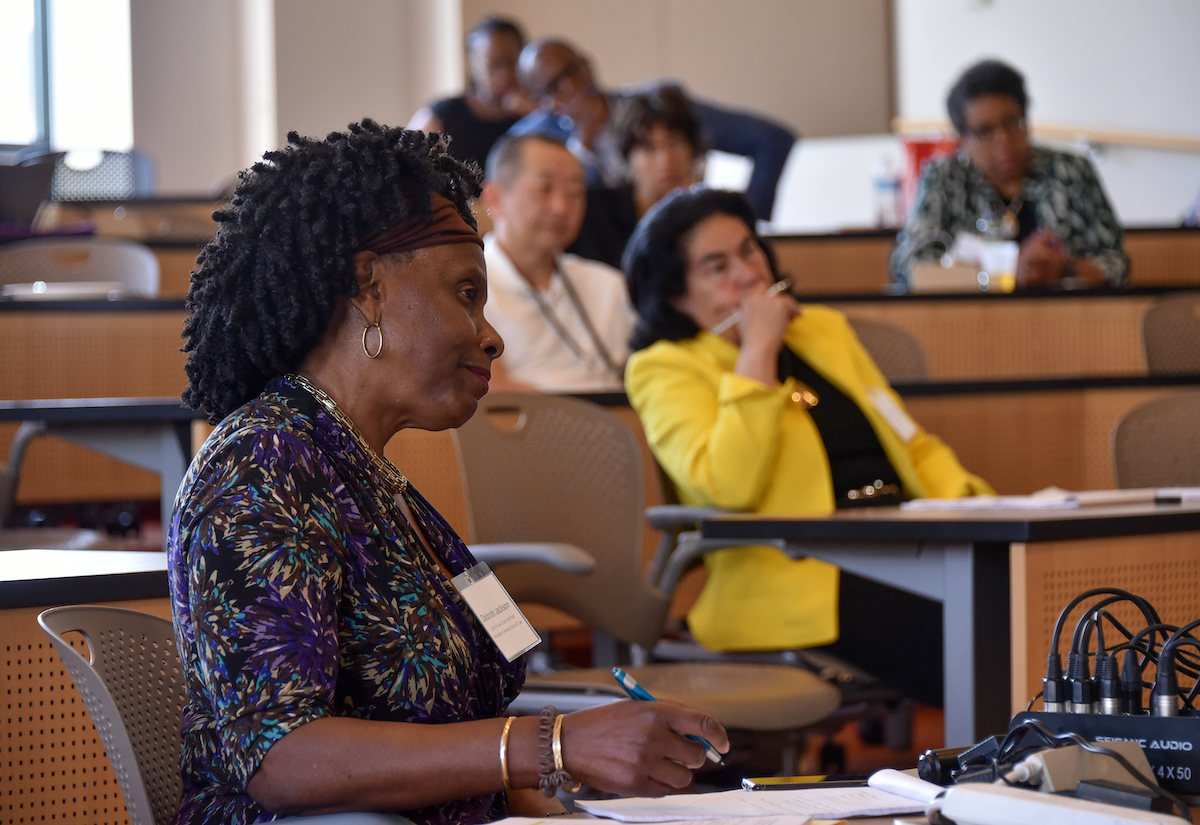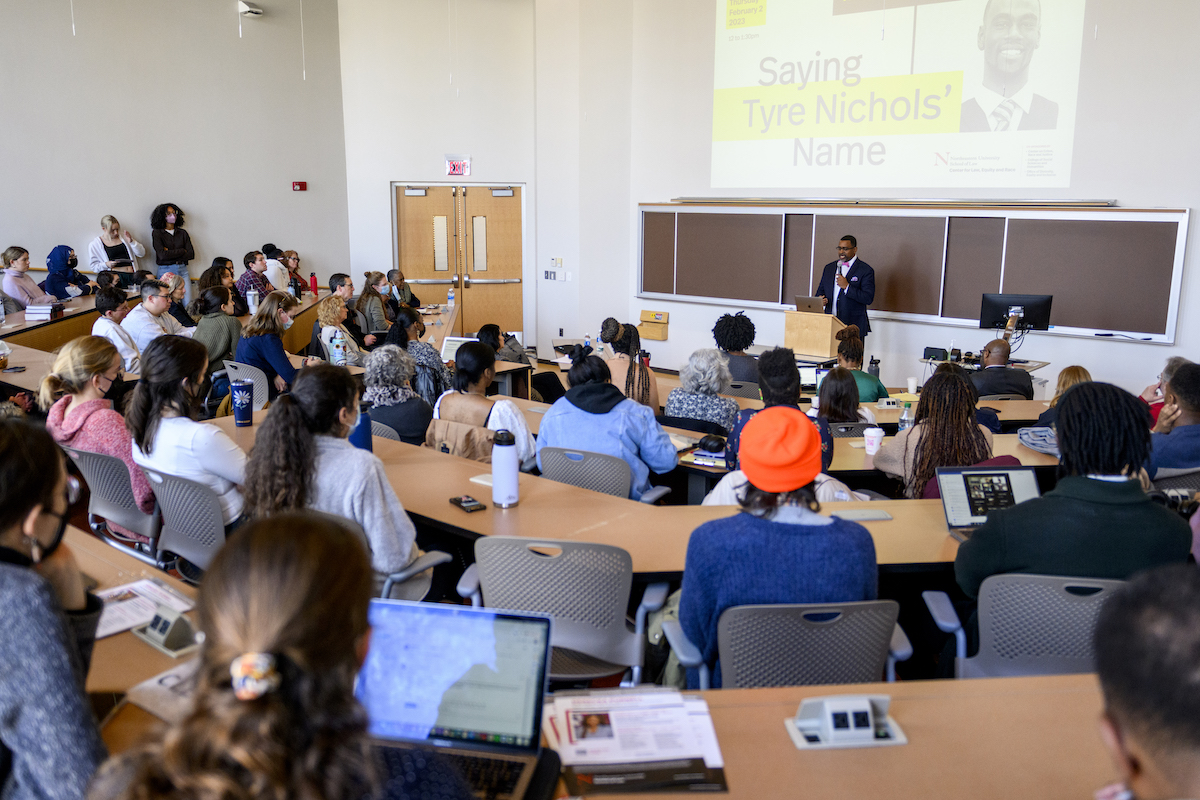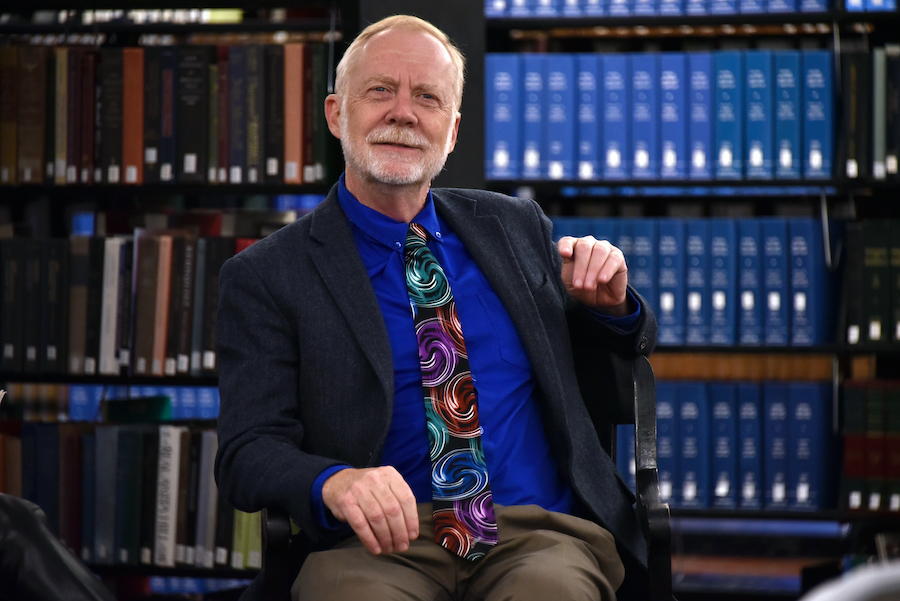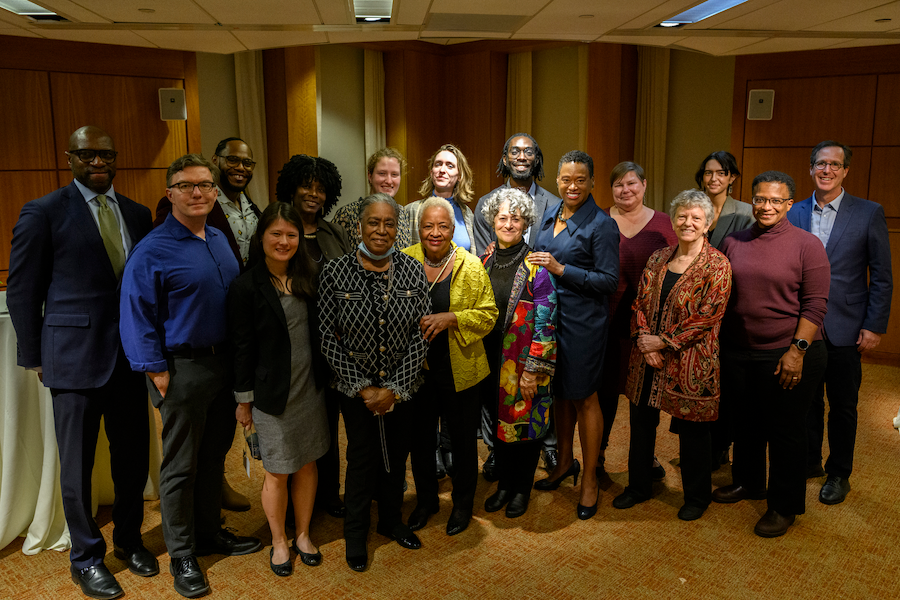Worldwide, recent attention on the role of law and legal systems in creating and perpetuating seemingly intractable racial inequalities and disparities provide an opportunity to create real change. At Northeastern Law, the Center for Law, Equity and Race (CLEAR) brings together our pioneering programs and faculty — long engaged in theoretical and translational research, innovative pedagogy and collaborations with external communities — to address today’s challenges and provide tomorrow’s solutions for the nation’s most complex social challenges. As one of the law school’s four Centers of Excellence, CLEAR offers an interdisciplinary convening space for faculty and students across the university who want to have an impact on these issues.
Two dynamic programs are at the core of the CLEAR’s work: the nationally recognized Civil Rights and Restorative Justice Project (CRRJ), led by Professor Margaret Burnham, and the highly regarded Criminal Justice Task Force (CJTF), led by Professor Deborah Ramirez. These projects have a common goal—building from historical memory and working to address the racial injuries of the past through the use of law, teaching, techniques of restorative justice and community partnerships. Both share a methodological focus on law as it intersects with history and other disciplines, resulting in deeply interdisciplinary investigations of race, law and justice.
CLEAR nurtures existing networks and actively engages in creating new ones that support its mandate to enrich and inform the national discourse on reparative justice and criminal justice reform and build additional strength in racial justice research and practice. It thrives through its internal partners at the law school, including students engaged in co-ops and clinics and faculty who are leaders in combatting injustice. It supports learning exchanges with other partners as well, such as reform-minded public officials, and hosts interdisciplinary residencies, fellows and a variety of events and workshops. In these ways and more, CLEAR expands the capacity of collaborators and supports new areas of research on questions of racial redress, including projects of restorative justice, transitional justice and reparations.
